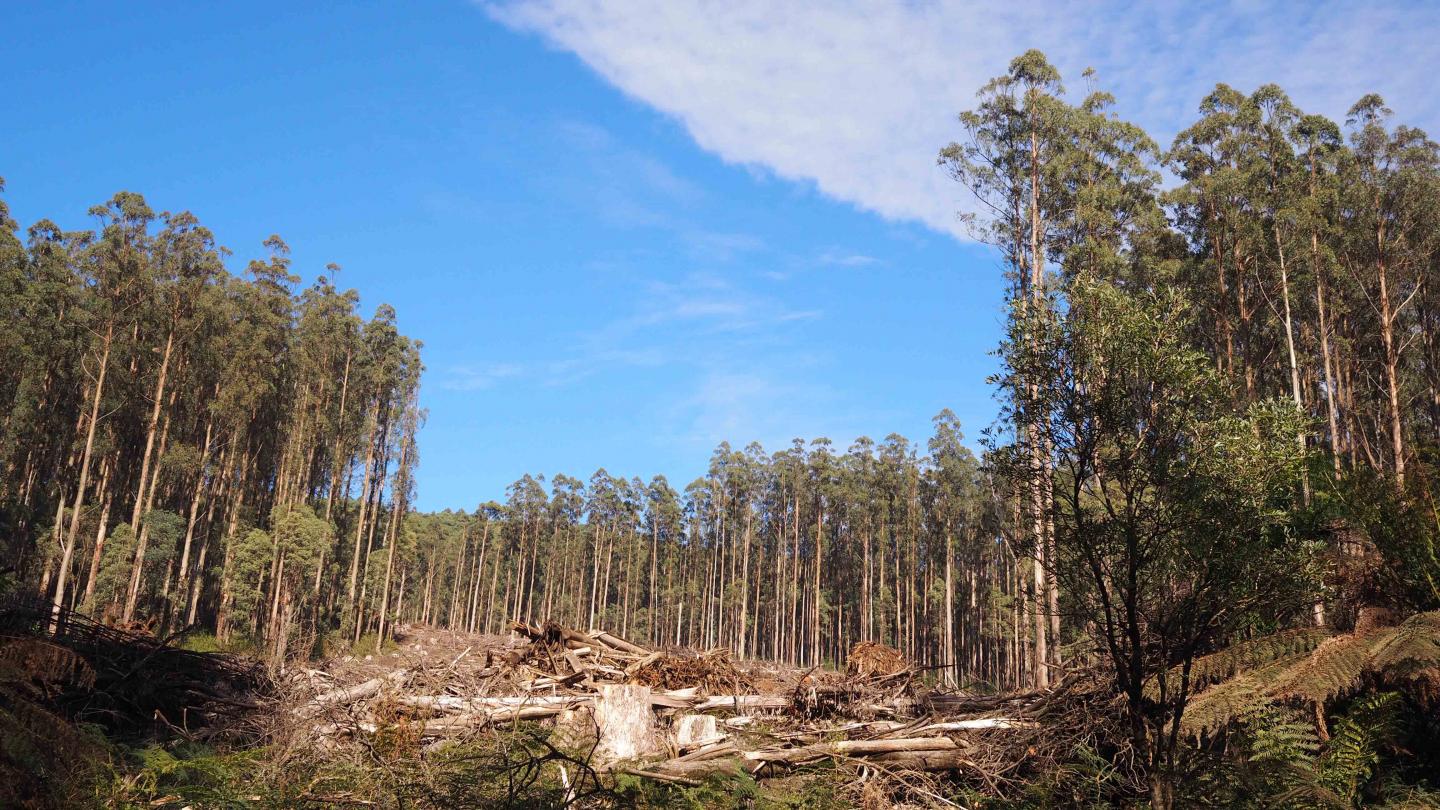
Credit: Tabitha Boyer, ANU
A landmark study from The Australian National University (ANU) has found that forest soils need several decades to recover from bushfires and logging – much longer than previously thought.
Lead researcher Elle Bowd from the ANU Fenner School of Environment and Society said the team found forest soils recovered very slowly over many years from these events – up to 80 years following a bushfire and at least 30 years after logging.
“We discovered that both natural and human disturbances can have incredibly long-lasting effects on forest soils that could impact plant communities and ecosystem function,” said Ms Bowd, who is the lead author of the ANU team’s Nature Geoscience paper.
Professor David Lindenmayer, also from the ANU team, said scientists had not known how long soils were impacted by bushfires and logging prior to this study.
“We thought forests could recover within 10 or 15 years, at most, after these sorts of events,” said Professor Lindenmayer from the ANU Fenner School of Environment and Society.
“Almost 99 per cent of Victoria’s Mountain Ash forests have either been logged or burnt in the past 80 years, so these forests are facing a huge uphill battle to restore themselves to their former glory.”
The team collected 729 soil cores from 81 sites exposed to nine different disturbance histories in the Victorian Mountain Ash forests.
These forests generate nearly all of the water for the five million people living in Melbourne, store large amounts of biomass carbon and support timber, pulpwood and tourism industries.
“It’s very likely that other forests around the world are facing similarly big challenges in terms of soil recovery following bushfires and logging,” Ms Bowd said.
“Soil temperatures can exceed 500 degrees Celsius during high-intensity fires and can result in the loss of soil nutrients.
“Logging can expose the forest floor, compact soils, and alter soil structure, reducing vital soil nutrients. These declines are more severe in areas that have experienced multiple fires and logging.”
Big, old trees in these forests take more than a century to recover from disturbances, and forest soils may take a similar amount of time to be restored.
“To best preserve the vital functions soils have in forests, land management and policy need to consider the long-lasting impacts of disturbances on forest soils, and reduce future disturbances such as clearcut logging.”
###
Journalists who want to link to the Nature Geoscience paper can use the following URL: http://dx.
FOR INTERVIEWS:
Elle Bowd
Fenner School of Environment and Society
ANU College of Science
E: [email protected]
Professor David Lindenmayer
Fenner School of Environment and Society
ANU College of Science
M: +61 427 770 593
E: [email protected]
For media assistance, contact Will Wright from ANU media on +612 6100 3486, the media hotline on +61 2 6125 7979 or [email protected]
Media Contact
David Lindenmayer
[email protected]
61-427-770-593
Related Journal Article
http://dx.




